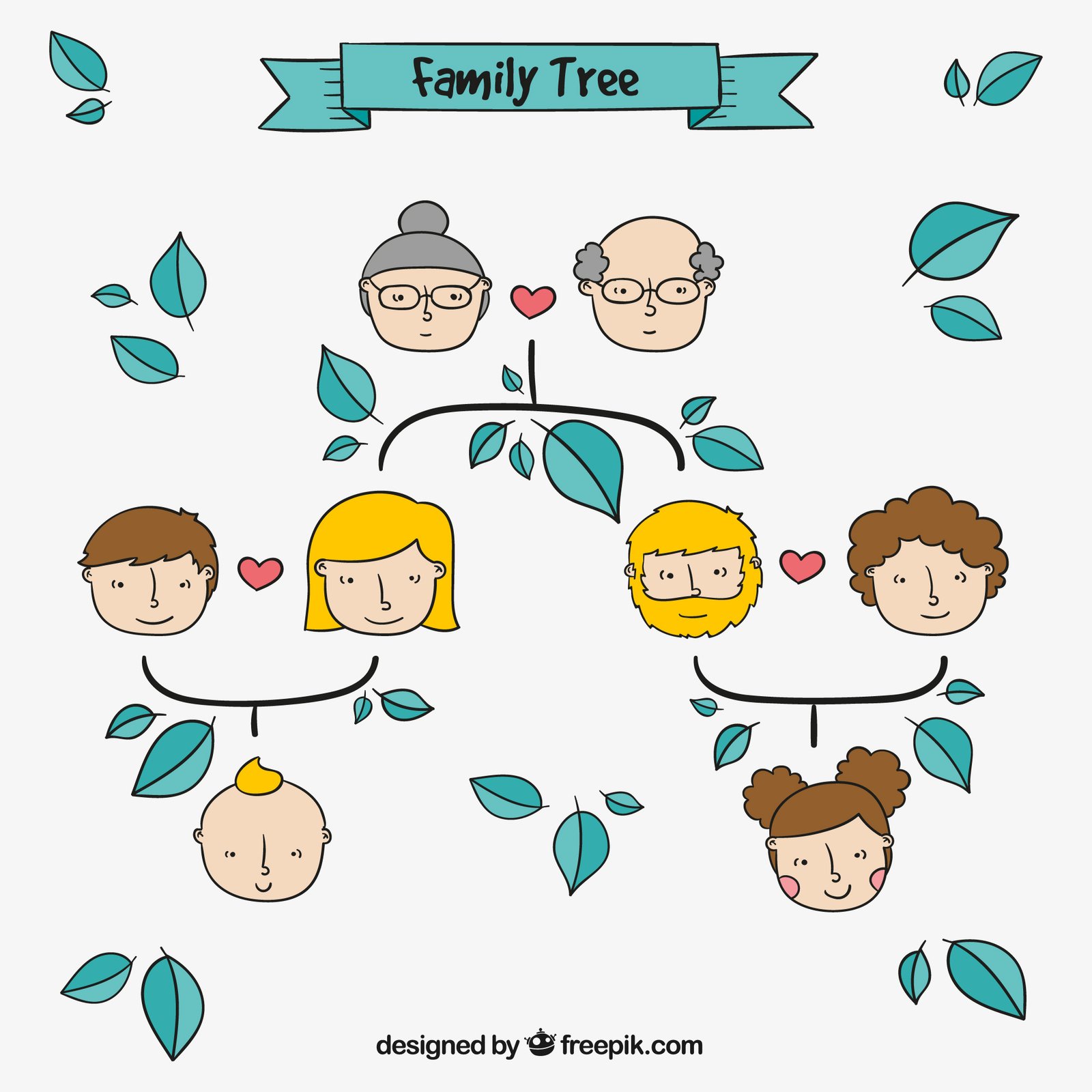Family lineage is a rich and diverse topic, providing deep insights into one’s cultural heritage, ancestry, and familial roots. To fully understand its meaning, one must delve into the realms of genealogy, history, and sociology. The following article breaks down this complex concept and elaborates on its significance in our lives.
Defining Family Lineage
Family lineage refers to the line of descent or pedigree that a person can trace back through their ancestors. It is like a living thread that connects us to the past, weaving together the stories of individuals and families across generations. More than just names on a family tree, lineage encompasses our ancestors’ experiences, traditions, and contributions to society.
The Role of Genealogy in Understanding Lineage
Genealogy plays a crucial role in mapping one’s lineage. It is the systematic study of families and the tracing of their lineages and history. Genealogists utilize historical records, genetic analysis, and other records to obtain information about a family and to demonstrate kinship and pedigrees of its members. Genealogy helps individuals trace their lineage, providing them with a sense of identity and connection to their heritage.
- Case Study: In 2010, a study published in the American Journal of Physical Anthropology showed how a team of researchers used genealogy to trace the lineage of a group of individuals in a small town in South Carolina back to their common ancestor in Africa. The study not only provided these individuals with a tangible connection to their past but also contributed to the understanding of historical population movements.
Lineage, Culture, and Identity
Understanding one’s lineage can have a profound impact on their sense of self. It can provide a sense of continuity and belonging, tying individuals to a long line of ancestors and their stories. Furthermore, lineage often carries cultural and societal implications that shape identities.
- Example: In many cultures around the world, surnames are often derived from an occupation, geographical location, or the name of a patriarch or matriarch. In this way, one’s family name can provide clues to their lineage and contribute to their individual and family identity.
Modern Technology and Family Lineage
Technological advancements, particularly in the field of DNA testing and digital archiving, have revolutionized the way we explore our lineage. Companies like AncestryDNA and 23andMe have made it possible for individuals to learn more about their ethnic origins, find distant relatives, and trace their family history with a simple at-home DNA test.
- Statistic: As of 2021, more than 30 million people have used at-home DNA testing kits to explore their family lineage.
Conclusion: The Journey of Discovering Family Lineage
In essence, family lineage is a journey into the past, leading to a deeper understanding of oneself and one’s place in the larger narrative of family and history. This exploration, often driven by curiosity and a desire for connection, can provide a sense of belonging, identity, and perspective. The value of understanding one’s lineage is, therefore, not just in the past, but in how it illuminates the present and can shape the future.








